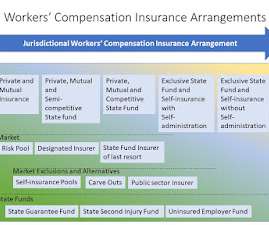Issue Commentary: Obesity In the Workplace–Who Pays?
The Workcomp Writer
MARCH 25, 2024
2d 283 (1996) ( Pittman )], it nevertheless reversed the Court of Appeals in the instant case, determining that neither the lower appellate court nor the state’s Industrial Commission had properly applied the test. The Commission ultimately consolidated plaintiff’s claims for a single hearing. 124, 468 S.E.2d












Let's personalize your content